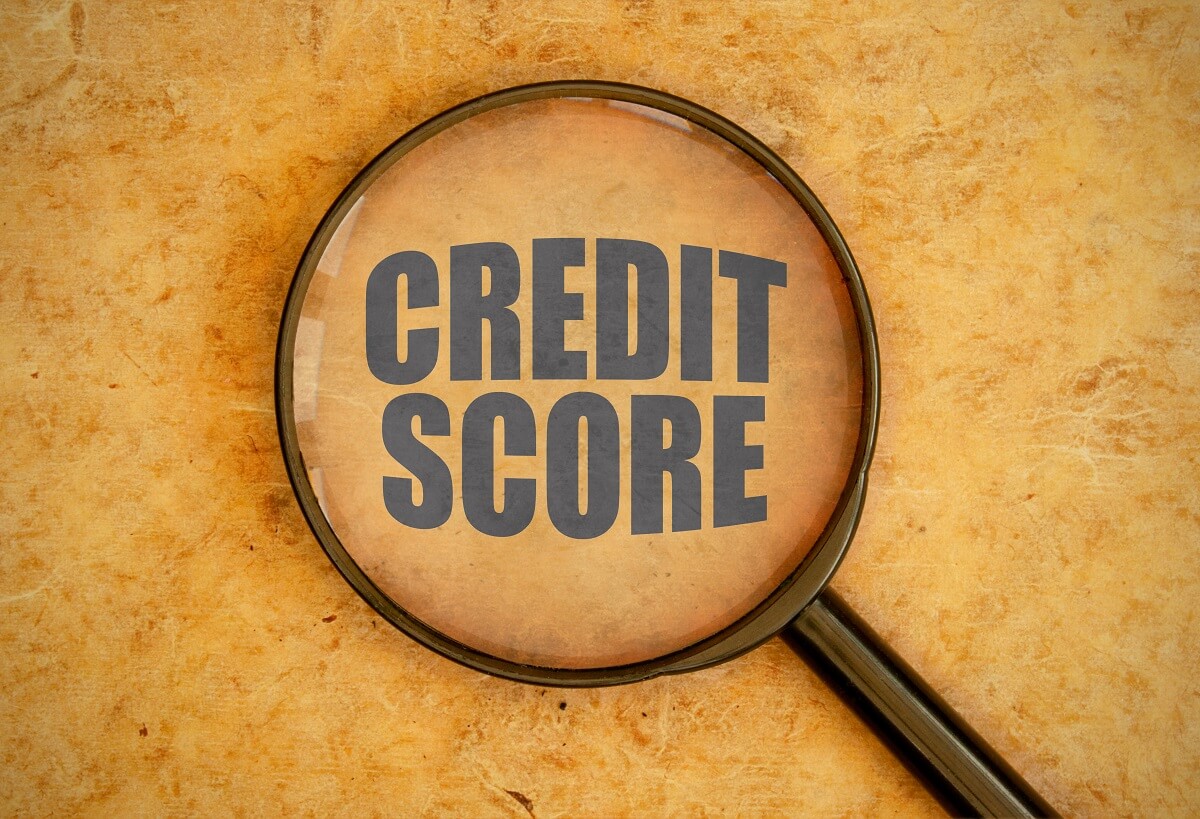Credit Score 101
Credit Education , Credit ScoreRentReporters
April 12, 2021
7 mins read
Credit scores are important, as everyday life can be negatively or positively impacted, like having access to credit cards, applying for a car loan, and being billed for your monthly utilities rather than prepaying for them. So, let’s get started and build your credit score knowledge.

Your credit score determines if you can be approved for a loan, can get a good deal on a cell phone plan, can have utilities in your name, and can be approved for a credit card. But, what if you’re like one of the 45 million Americans who have a low or no credit score?
Without credit, getting access to the best deals on financial products to get what you need in life can be challenging.
Credit Score 101 – what you need to know NOW:
What is a credit score:
Your credit score reflects the information found in your credit report and is used to determine your creditworthiness. Basically, it tells lenders how likely you are to pay back debt obligations. For example, two popular credit scoring models, Vantage 3.0 and FICO, use a scale of 300 to 850, with 850 being the lowest risk for default and 300 being the highest.
What is a good credit score:
Credit scores range from 300 to 850, and the higher the score, the better. While no formal definition of a “good” credit score exists, generally, a minimum credit score of 680 is considered good.
Why your credit score is important:
Credit scores are used in almost every part of our lives, from credit cards and loan applications to employment opportunities. And those with good credit scores have access to more financial products, lower interest rates, and better terms.
How your credit score is calculated:
Your credit score is based on payment history, how much you owe on your accounts, credit history length, types of credit you have, and any new credit such as recently opened accounts and credit inquiries.
- Payment History: Do you consistently pay your debts on time?
- Credit Utilization: How much credit are you using in relation to your credit limit?
- Credit Age: How long have you maintained your credit accounts?
- Credit Mix: What types of credit accounts do you have?
- Credit Inquiries: How often and what type of credit are you applying for?

Take Our FREE Credit Literacy Quiz!
In just a few minutes, discover your credit knowledge level and get instant access to a FREE credit education course tailored to you!
To help you change your credit score and change your life, here are 3 credit tips you need to know now:
1 – Check your credit reports
You are legally entitled to one free credit report every 12 months. Only by checking your credit report can you determine if all the information is accurate, so review them carefully and dispute incorrect, incomplete, and inaccurate information. You can do this by writing a letter to the credit bureau and the party who provided the information. Don’t forget to include any supporting information, like proof of payment, and keep a copy of your correspondence.
2 – Prioritize and pay your debts
Debt can negatively impact your credit score. In fact, the amount of debt you have is 30% of your credit score! So, how does it work? The amount of debt you have compared to your credit limits is called credit utilization. The higher your credit utilization, then the closer you are to your limits and the lower your credit score will be. Also, if you are paying off debt, you are paying interest and losing money. Prioritize your debt by interest rate, and first pay off those debts with the highest rates.
3 – Create reminders to pay your bills
Your payment history is one of the key factors in determining your credit score. That means you need to pay your bills on time, so set up reminders in your calendar, and when possible, enroll in automatic payments.
Alternative Scoring Models
Companies like RentReporters are working to change the system to reflect the realities of modern economic life for the 100 million renters in the US. How? We’re doing this by reporting your on-time rent payments to TransUnion, one of the three major credit bureaus.
You pay your rent on time, every month, and that shows responsible financial behavior. We believe that your rent payments, which are probably the largest recurring monthly expense you have, should count toward your credit score. Bottom line, it’s time to use alternative data points to determine creditworthiness.
So, here are a few of the pros for using alternative data for credit scoring and reasons why credit bureaus should rescore those renters who pay on time:
- Traditional credit scoring models do not reflect modern life.
- The financial marketplace is largely controlled by traditional scoring models, such as FICO.
- There is growing interest in using alternative data to recalculate or formulate credit scores. This year the Consumer Financial Protection Bureau issued an inquiry on this topic for the first time.
- The scoring of alternative (and reliable) data such as on-time rental payments helps consumers, especially those that fall under the “Credit Invisible” category – those with no credit scores or have a thin credit file – gain greater access to the mainstream credit markets.
- Monthly rent payments are highly correlated with the ability to repay debt in a timely manner.
- People should be rewarded for this type of “consistent responsible financial behavior,” which has gone unrewarded in the past simply because they were not paying on a home mortgage, car payment, or regular credit card.


